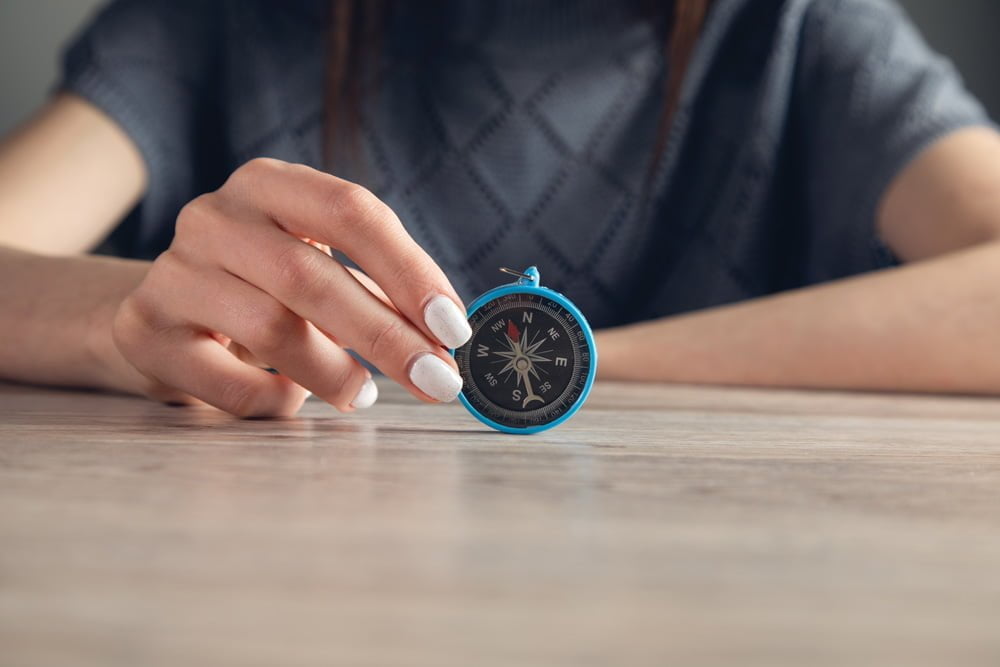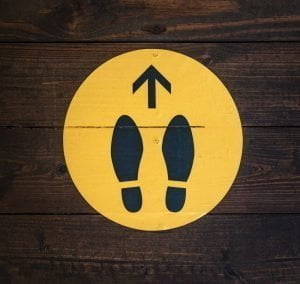 When Janel Briggs moved from Melbourne to Singapore last year, she spent her first few months noticing common themes throughout the conversations she was having with other expat women. Pandemic burnout, overwhelm from moving to Asia without a support network, and anxiety arising from changes in MOM work passes were reoccuring topics.
When Janel Briggs moved from Melbourne to Singapore last year, she spent her first few months noticing common themes throughout the conversations she was having with other expat women. Pandemic burnout, overwhelm from moving to Asia without a support network, and anxiety arising from changes in MOM work passes were reoccuring topics.
As a result of the above, one issue became prominent. “So many women who had moved for their partner’s career were suffering from an identity loss, leaving them with too much time to ‘think’ and worry about finances and the future, “ Janel says. “Although very grateful to be in Singapore for the expat experience, frustrations were felt around being unable to work and the fact they’d put their life and career on hold to support their other half.”
As a Certified NLP and TimeLine Therapy Practitioner, Mindset Coach and Founder of Thrive Mindset Coaching, Janel decided to transfer her Australian business to the Lion City to provide help and support to those struggling with stress, anxiety, and the ever-growing concept of ‘Imposter Syndrome’.
New life phase
A loss of identity can happen at any time and does not relate to age or gender. Experts reveal that it can be triggered when a person enters a new phase in life that makes them question their basic understanding of self. Major events such as changing careers, becoming a parent, ending a long-term relationship or moving to a new place can all be a catalyst for those uncomfortable feelings where you just feel a bit, well, off.
Research shows that relocation is the third most stressful life event possible. On top of this, according to an InterNations survey, it’s the partner of the expat with the job who tends to be more susceptible to mental health issues such as depression and anxiety and who is negatively affected by the move. Typically, this is because they:
- Have given up more for the move and find that they miss their personal support network (63%)
- Have struggled with forfeiting their previous career (60%)
- Dislike being financially dependent on their partner (65%)
- Experience their partner always working long hours in their job (52%)
- Are often expected to organise all practical aspects of moving and living abroad (51%)
“In the beginning, the expat partner tends to focus on everyone else’s happiness and getting the family settled is the priority,” explains Janel. “Once the transition is complete and all the tasks done, questions can begin to arise: ‘What do I do now? What is my purpose here? Where do I fit in? Who am I?’ Feelings of resentment, frustration, sadness and hopelessness can set in.”
 Shift your mindset
Shift your mindset
So, what to do? Janel suggests that the first step is to begin to shift your mindset to see this journey, or phase of your life, as an opportunity for personal growth, development and expansion. Here’s her tips on how:
- Choose acceptance
Finding a place of acceptance for the circumstances you’re in right now is key. Remember that if your mind is too far in the past remembering the things you don’t have, you will continue to feel stuck. If your mind is too far in the future, you’ll continue to feel anxious by the uncertainty. Both thought processes make it harder to find happiness and be in the present moment. Do note that acceptance doesn’t necessarily mean that you have to surrender or like the situation, but having a willingness to accept your circumstances will release resistance in the mind that creates stress. - Create routine
Routines serve as an anchor. Predictable, repetitive routines are calming and help reduce stress and anxiety. Formulating a weekly schedule can help you feel more motivated, organised and productive. How you begin and end your day matters. Are you feeding your mind with positive information and thoughts when you wake up? Are you giving your body with nourishing food and movement during the day? Are you getting enough sleep? - Embrace exploration
Use this time to discover more about who you are:What is something you haven’t done for a while that you used to love doing?What is something you’ve always wanted to learn about or study?Is there a gap in your skillset you could focus on filling right now?Is there a hobby or sport you have wanted to try but never got around to? What is something you enjoy reading about, or could talk about for hours? What brings you joy? - Connect
Recognise that you’re not alone with your feelings. It can feel daunting to build interpersonal relationships in a new country but connecting with others and sharing your emotions can be very healing. - Catch self-doubt
When negative or unhelpful thoughts creep into your mind, questioning your value or worth, practice catching the thought before it spirals. Understand that not every thought you think is factual, and feelings are not facts. The mind has a protection mechanism that wants to keep you safe. Instead of believing and listening to unkind self-doubt, call it out by asking, “Where is the evidence to support this?” or “What is causing me to feel this way?” - Reframe your language
The words we choose have a positive or negative effect on our mindset. If you believe it’s hard and say to yourself “This is hard, I hate this, I don’t want this” then it will no doubt be hard. If you use more empowering words such as “I can do this, I can overcome this challenge” the mind will be open to change and all the possibilities.
 Signs you might be missing
Signs you might be missing
● A lack of self-belief
● Questioning value and worth (who am I without this job, role, title?)
● Feeling lost without a sense of direction (what is my purpose?)
● Disconnected to personal values (what is most important to me now?)
● Increased feelings of insecurity, fear, and limiting beliefs (am I good enough, am I capable?)
● Anxious, unsettled and worrying about the future (what happens next, am I running out of time?)
● Difficulty making decisions and second-guessing yourself

Find out more about Janel’s work at
janelbriggs.com
janelbriggsthrive
- Mental health research by Aetna’s Guide to International Assignment Success (2021). Relocation research by the Worldwide Employee Relocation Council.



 Shift your mindset
Shift your mindset Signs you might be missing
Signs you might be missing




